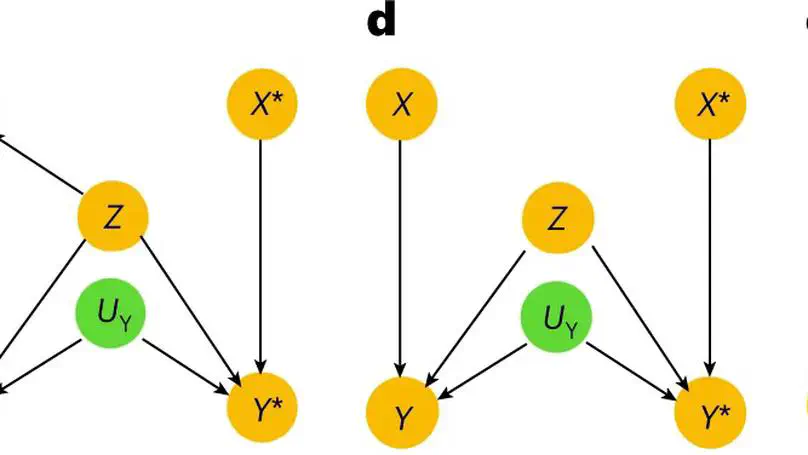Dr Athanasios (Thanos) Vlontzos
Lead Artificial Intelligence (AI) / Machine Learning (ML) Scientist
Monzo Bank UK
Athanasios Vlontzos is a Lead Artificial Intelligence / Machine Learning Scientist at Monzo, where he leads the Personalisation & Search functions. His work focuses on developing intelligent, causal machine learning systems that personalise product experiences across Monzo’s platform — spanning areas such as Loans, Flex, Savings, and Investments. He also plays a key role in shaping Monzo’s broader AI strategy, including experimentation frameworks, offline evaluation, and ML governance.
He holds a PhD from Imperial College London, where he was part of the Biomedical Image Analysis (BioMedIA) group, working with Prof. Daniel Rueckert and Dr. Bernhard Kainz. His research interests lie at the intersection of causal inference, machine learning, macroeconomics, and computer vision, with a strong emphasis on real-world impact and high-stakes applications.
Experience
Education
Featured Publications

Counterfactual inference is a powerful tool, capable of solving challenging problems in high-profile sectors. To perform counterfactual inference, we require knowledge of the underlying causal mechanisms. However, causal mechanisms cannot be uniquely determined from observations and interventions alone. This raises the question of how to choose the causal mechanisms so that the resulting counterfactual inference is trustworthy in a given domain. This question has been addressed in causal models with binary variables, but for the case of categorical variables, it remains unanswered. We address this challenge by introducing for causal models with categorical variables the notion of counterfactual ordering, a principle positing desirable properties that causal mechanisms should possess and prove that it is equivalent to specific functional constraints on the causal mechanisms. To learn causal mechanisms satisfying these constraints, and perform counterfactual inference with them, we introduce deep twin networks. These are deep neural networks that, when trained, are capable of twin network counterfactual inference—an alternative to the abduction–action–prediction method. We empirically test our approach on diverse real-world and semisynthetic data from medicine, epidemiology and finance, reporting accurate estimation of counterfactual probabilities while demonstrating the issues that arise with counterfactual reasoning when counterfactual ordering is not enforced
Contact
You can contact me in one of the social networks above